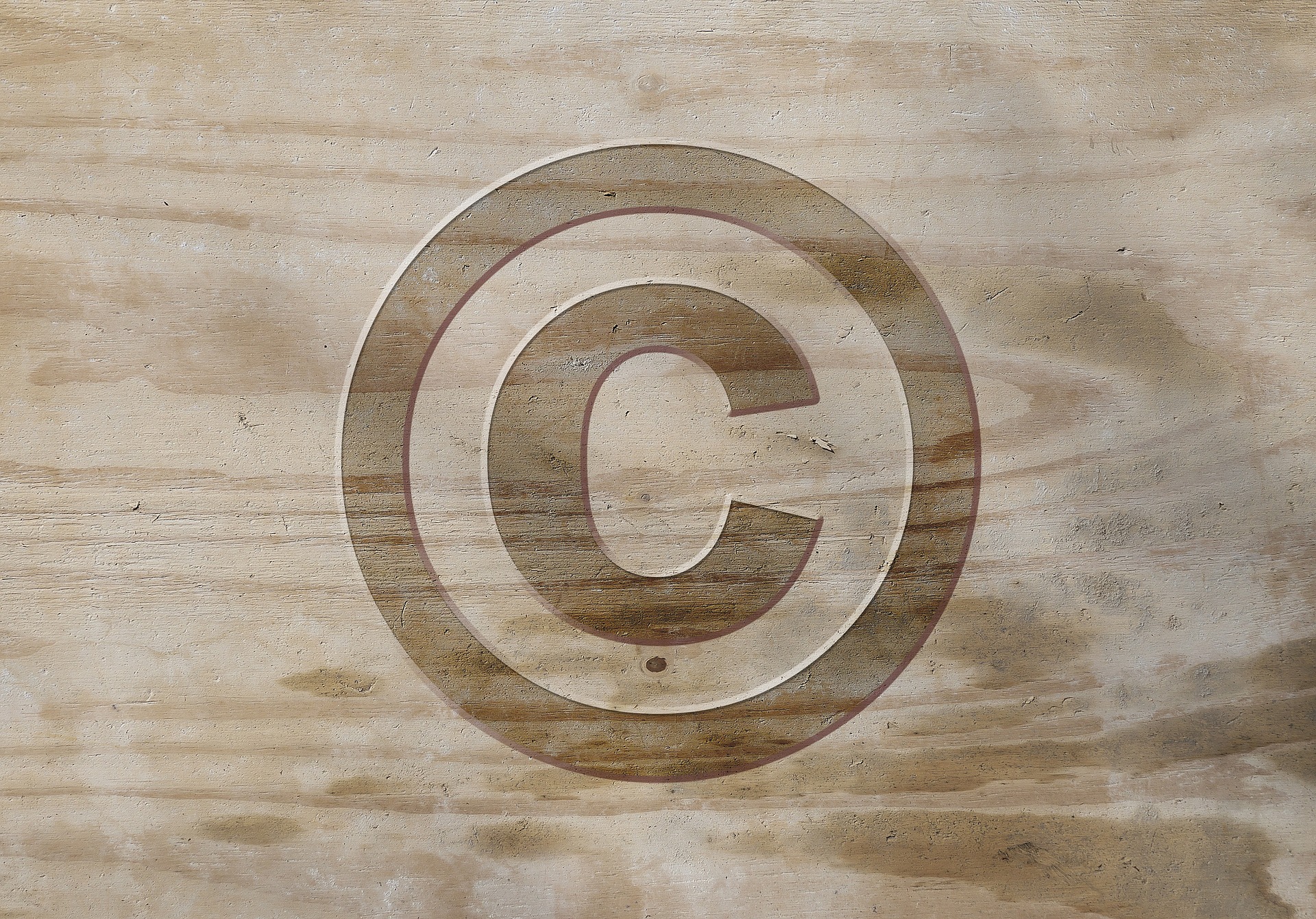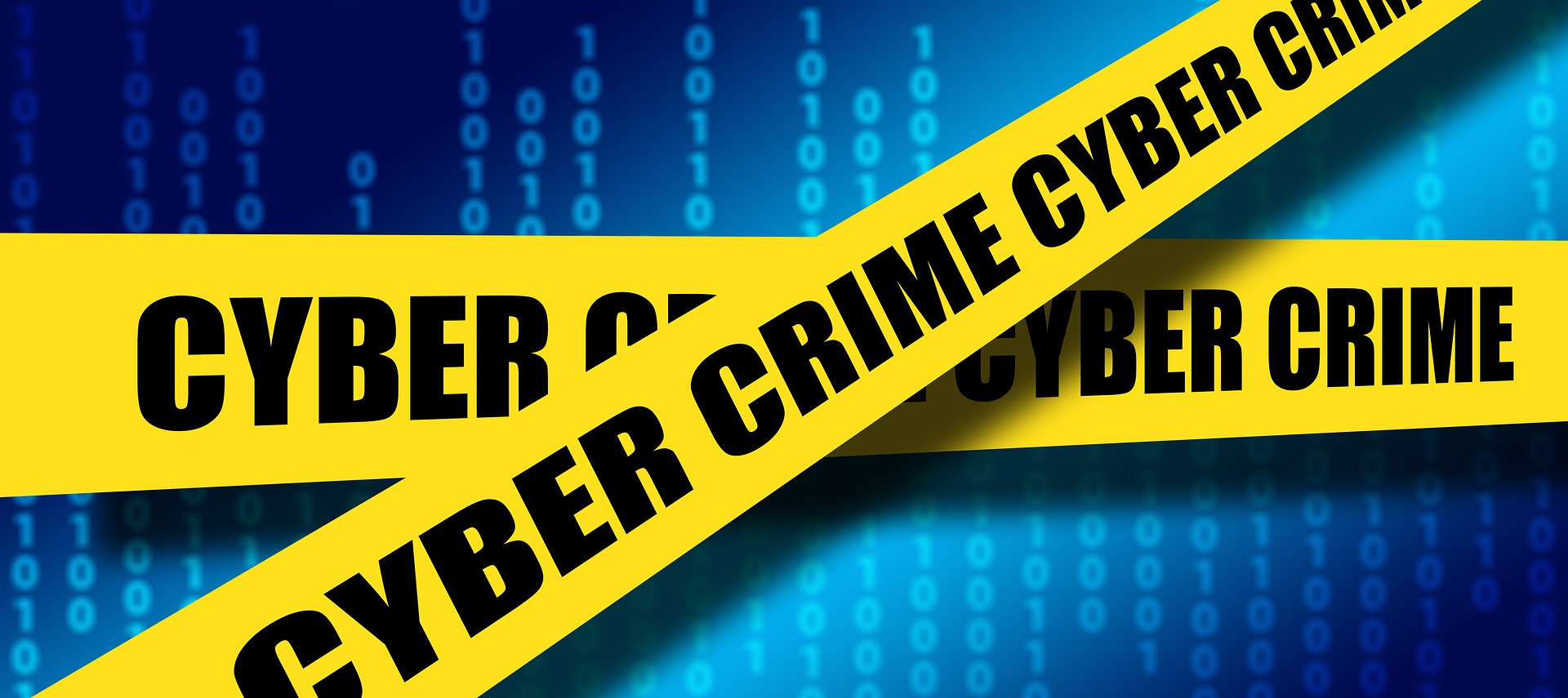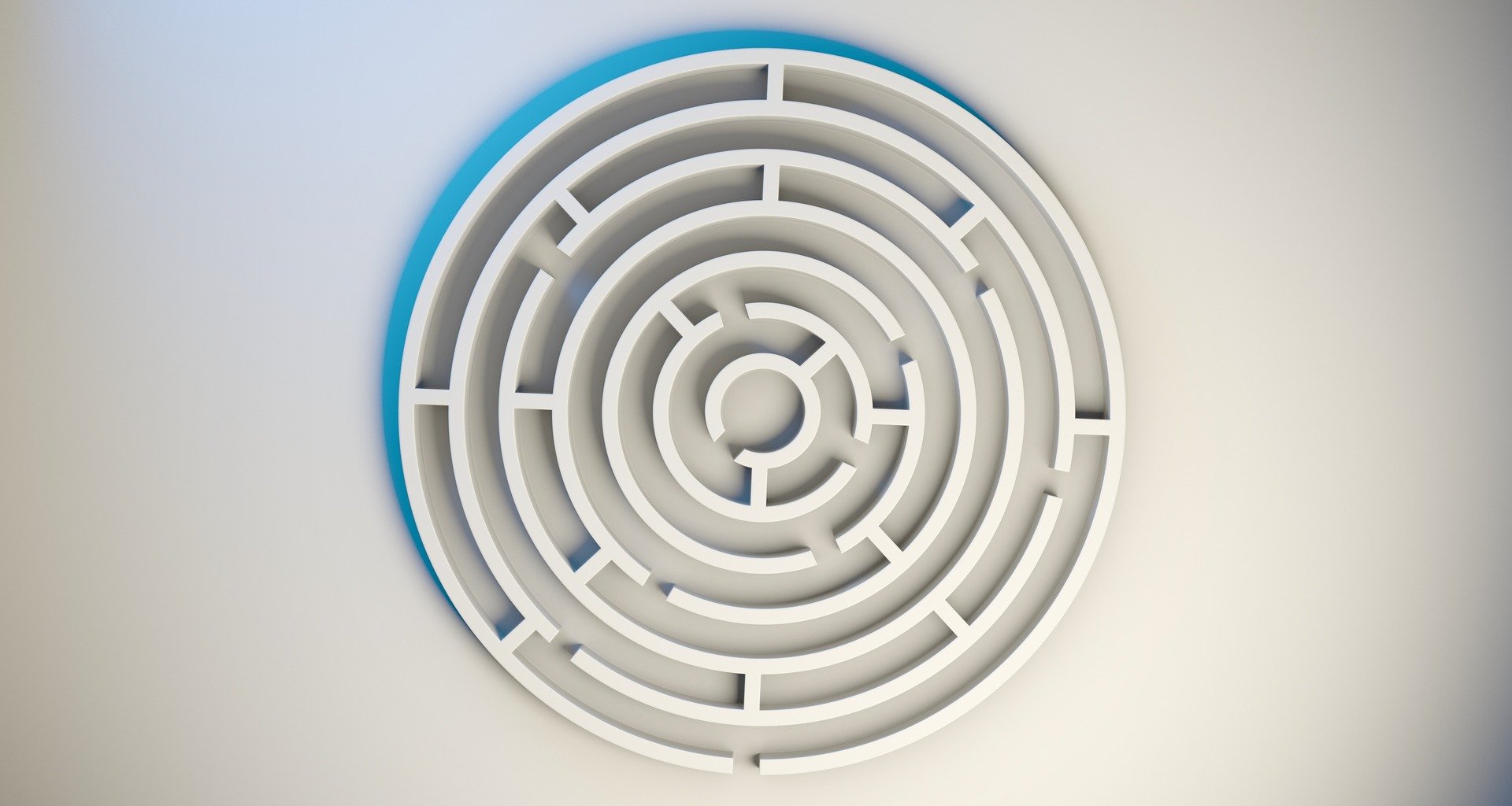The development of the internet has made the sharing of information at a global scale instantaneous and you, your agencies and representatives are no doubt using it to publish key data and news to your stakeholders. What you may not be aware of is that this information can be more widely shared than you realize.
Revenge porn, also known as non consensual porn, has been a problem for many years. The leap of the easy-to-access internet connection makes it more difficult for the increasing number of potential innocent victims. Unfortunately, there seems to be little sign that this problem is going away any time soon. The pandemic and the lockdowns imposed have created an even more significant problem for illegal cyber sexual activities. Just like the coronavirus, all it takes is an action from a single person for all the material to be spread to their network of family and friends.
Multiple choices are available when planning how to remove revenge porn materials. You may want to keep a piece of evidence of what, when, and where the image or videos have been published. If you can access it through the phone or internet, you can take a screenshot to locally save it on your device. The platforms may vary from pornographic sites, forums, or even message conversations. These shreds of evidence may come in handy when reporting to the necessary agencies or authorities.
REVENGE PORN IN THE AGE OF INTERNET
Sexual content is an image that provokes sexually graphic action. These images are something that nobody would want to be released in public. A person may like to share sensitive information to the only intended recipients. The problem starts when the receiver goes to share the messages with their network of family and friends.
The increasing usage of revenge porn can be hazardous for the victim’s mental well-being. They might overwhelm themselves with shame, grieving over making explicit content, even if it may be only for a select few. Multiple laws have been established since the rise of the internet to protect its abuse of usage by cybersex offenders. However, there are still numerous gaps that have been created due to the increase in the capabilities of technology.
Connecting to an unsecured wireless connection could compromise our sensitive data to the wrong hands. A victim may also be hacked through their mobile phones, computers, or cloud storage. In the digital age, our data is just as vulnerable as our physical bodies. A friend may borrow our phones thinking they would not harm, but the possibilities are endless.
There is a new high-tech technique for abusing sexual content. Deepfakes are a new way of sexual abuse through the internet. It takes the face of a natural person and plants it in another person’s body. Photoshopping has existed for many decades now, but deepfakes are creating a new sense of uncertainty. The ability to photoshop through videos is scary for many people, and the technology is just getting better as time goes by. There may be a time when recognizing between the real, and the fake would be almost impossible. There have been people around the world advocating to strengthen current revenge porn laws. Most laws existing across the globe criminalizes the spread of sexually provoking photographs that is not supposed to be shared. This does not apply to deepfakes.
An artificial intelligence monitoring tool uncovered a messaging platform robot that created artificial content of female nudity. It used over 600,000 images of women, even comprising females who are under the age of consent.
SURGE DURING COVID
In the United Kingdom, the Revenge Porn Hotline is a program handled by the charity South West Grid for Learning and part of the United Kingdom Safe Internet Center. The U.K. Safe Internet Center does its best to deliver consultations and interventions to provide a safer online space for everyone, especially young ones. The hotline reported that the number of reports that they have been receiving increased tremendously during the lockdown. By September 2020, they have already dealt with 1,914 cases of revenge porn. This alarming figure is more than the number of cases for the entire duration of 2019. The year-on-year increase between April 2019 and April 2020 is at a staggering 98%. With more time at home and using the internet, more people find themselves to be victims of extortion and manipulation. About two-thirds of the victims of sextortion are women. The charity has successfully eradicated over 20,000 photos – 94% of which have been reported.
In the United States of America, the Office of the Attorney General claimed similar statements of an increase in non-consensual porn and cybercrime abuses. Similar to the information obtained in the U.K., the demographic is exceptionally disproportionate as women are about 80% – 90% of the total number of sextortion victims. Dating apps have seen an increase in usage since the lockdown took effect, and it has only increased the potential of the misuse of sensitive data.
CONSIDER HIRING A REVENGE PORN REMOVAL SERVICE
Those who experience this unfortunate circumstance do not need to worry any longer. Protect you and your loved ones from the virus of the pandemic and the virus of predators who take advantage of innocent people. Our services at Leak Content Removal provide allow you to relieved with help provided. We are based in Singapore and work with clients from all around the globe.
We are the non-consensual leaked content removal specialists, assisting people all over the world to remove sensitive videos and images from the internet. Whichever part of the internet it may be posted on whether it’s social media, forums or adult websites, Leak Content Removal will be of service. Those who have been compromised by revenge porn and non consensual porn are secured with our platform.
Are you keen to find out how we can assist you to monitor and remove revenge porn / non consensual porn from the internet?
If you are interested in how we could assist you through our services, please click here to get in touch with us today for a discussion. Our team is looking forward to helping you.
Email: info@leakcontentremoval.com
Telegram: @halcyonlily
Whatsapp: +65 94837665









